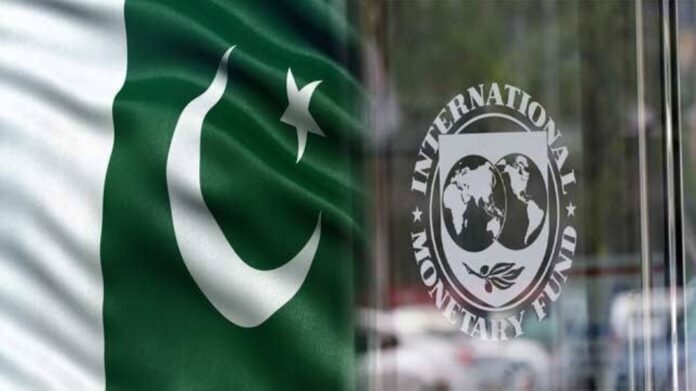- Fund projects Pakistan’s growth at 2.4pc for FY20; inflation to decline in the coming months
- Pakistan warned of domestic and int’l risks in case structural reforms and other required steps are not taken
ISLAMABAD: The five-day visit of an International Monitory Fund (IMF) mission — led by its Pakistan, Middle East and Central Asia Mission Chief Ernesto Ramirez Rigo — concluded on Friday, warning Pakistan of domestic and international risks in case the structural reforms and other required steps are not taken.
According to a press release posted on the IMF website, the country’s economic programme is off to a promising start, but decisive implementation of reforms is critical to pave the way for stronger and sustainable growth.
The IMF mission had visited Islamabad and Karachi from September 16-20 to take stock of economic developments since the start of the Extended Fund Facility (EFF) and discuss progress in the implementation of economic policies.
Mission Chief Ernesto Ramirez Rigo commented after concluding the visit, “While the authorities’ economic reform programme is still in its early stages, there has been progress in some key areas. The transition to a market-determined exchange rate has started to deliver positive results on the external balance, exchange rate volatility has diminished, monetary policy is helping to control inflation, and the State Bank of Pakistan (SBP) has improved its foreign exchange buffers.”
He further said, “There has been a significant improvement in tax revenue collections, with taxes showing double-digit growth net of exporters’ refunds. Moreover, the Federal Board of Revenue (FBR) is undertaking significant steps to improve tax administration and its interface with taxpayers.
“Staff and the authorities have analyzed the worse than expected fiscal results of FY2018-19, which were partially the result of one-off factors and should not jeopardise the ambitious fiscal targets for FY2019-20,” he noted. “Importantly, the social spending measures in the programme have been implemented.”
Talking about the economic outlook for the country, the mission chief said, “The near-term macroeconomic outlook is broadly unchanged from the time of the programme approval, with growth projected at 2.4pc in FY2019-20, inflation expected to decline in the coming months, and the current account adjusting more rapidly than anticipated.”
“However, domestic and international risks remain, and structural economic challenges persist. In this context, the authorities need to press ahead with their reform agenda,” he warned.
“In order to complete the first review, an IMF staff team plans to return to Pakistan in late-October to assess the end-September programme targets,” he added.
‘LACK OF CLARITY’
Meanwhile, economists believe that the statement issued by the IMF mission was week and lacks clarity.
The visiting mission, they believed, refrained from mentioning the impacts of projected higher oil prices in the international market on Pakistan’s economic growth.
The mission has also not mentioned the required measures needed to be taken for the revival of the country’s economy, they said, adding that it has also avoided talking about mounting risks on both domestic and international fronts.
According to sources, the visiting IMF mission, during its meetings with various stakeholders, also showed concerns over the political uncertainty in Pakistan.




